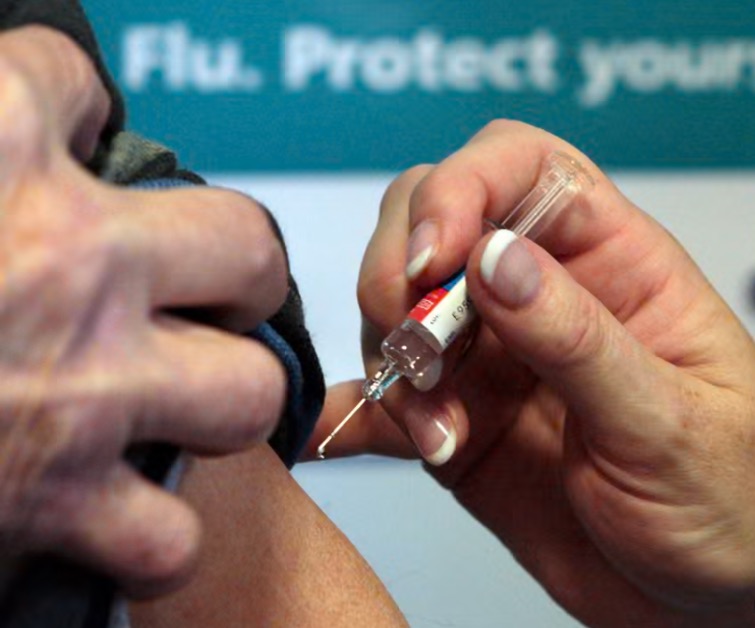UK hospitals are preparing for what could be the most severe flu season in a decade, as a rapidly spreading mutated strain of the virus fuels an early and steep rise in cases, especially among children.
Health officials warn that once the virus reaches older and more vulnerable groups, hospital admissions are expected to climb sharply.
The threat has prompted NHS leaders to intensify flu vaccination campaigns, expand same-day emergency care, and shift more treatment into the community to ease pressure on hospitals.
With resident doctors in England staging a five-day pay strike, many trusts are activating contingency plans to bring in consultants for extra shifts and to reschedule appointments where necessary.
“Last flu season was particularly nasty and we’re very concerned this year could be even worse,” said Elaine Clancy, group chief nursing officer at St George’s, Epsom and St Helier hospitals. “We’re preparing for a spike of flu on to our wards.”
Scientists first identified the mutated strain in June, linking it to the variant responsible for Australia’s record-breaking flu season, which saw more than 400,000 lab-confirmed cases.
The virus, an H3N2 subtype, has evolved through antigenic drift and now dominates UK infections, driving a flu season that began more than a month earlier than usual.
Public health teams across the UK report sharp rises in flu activity.Dr Claire Beynon, executive director of public health for Cardiff and Vale University Health Board, said the region was seeing “a rapid and early increase in influenza” and expected hospital admissions to rise.
NHS Greater Glasgow and Clyde confirmed numbers remained typical for the season but said measures to alleviate pressure were being deployed at pace.
H3N2 is known to cause more severe illness, particularly in older adults. Early estimates suggest the virus’s transmissibility is unusually high this year, with an R value of 1.4 compared with the usual 1.1–1.2.
“Whenever there is an early start to the season, there tends to be a bigger peak,” said Antonia Ho, professor of infectious diseases at the MRC-University of Glasgow Centre for Virus Research, noting that many people are exposed before being vaccinated.
Data from the UK Health Security Agency (UKHSA) shows cases remain highest among children but are rising in older groups as colder weather pushes more indoor mixing.
Vaccines are somewhat less effective at preventing infection from the mutated strain but still offer strong protection against severe illness estimated at 70–75% in children and 30–40% in adults.
Caroline Abrahams, charity director at Age UK, urged older people to get vaccinated: “It is more important than ever that everyone who is eligible takes up the flu vaccine and takes precautions to stay well this winter.”
Experts warn that while early flu seasons can be severe, outcomes vary. A similar H3N2 drift strain in 2003–04 led to 12,000 deaths in England and Wales, within the lower range of typical flu mortality.
Ed Hutchinson, a molecular virology professor at the University of Glasgow, said it was quite plausible that the UK is heading into its most intense flu season in ten years. “This has the potential to mean large numbers of people needing hospital treatment, particularly those in at-risk groups,” he said.
The UKHSA reports that fewer than one in three people with long-term health conditions has taken up the vaccine offer this season.
Health officials continue to urge eligible individuals to get vaccinated and advise others to consider paying for the jab and using lateral flow tests to check for infection.



